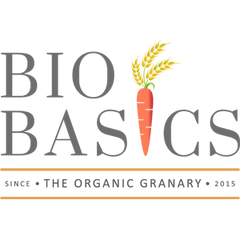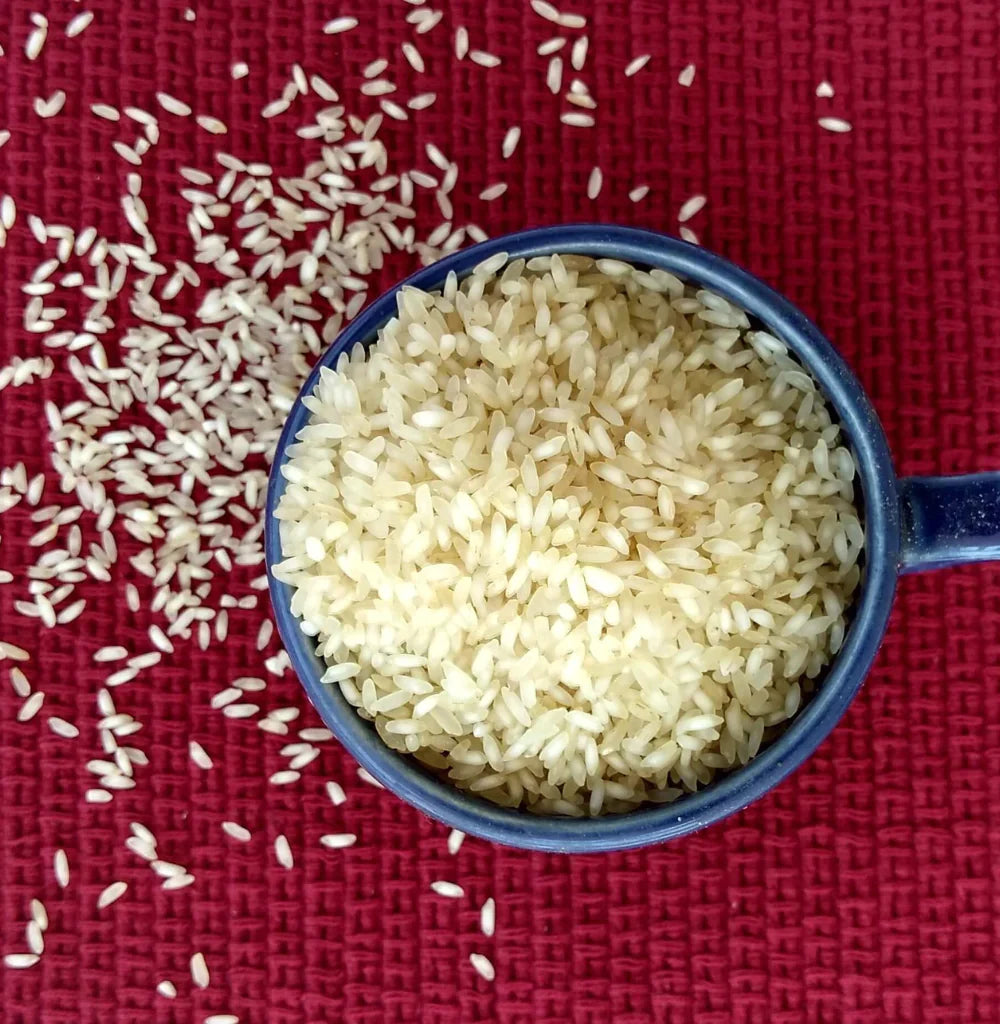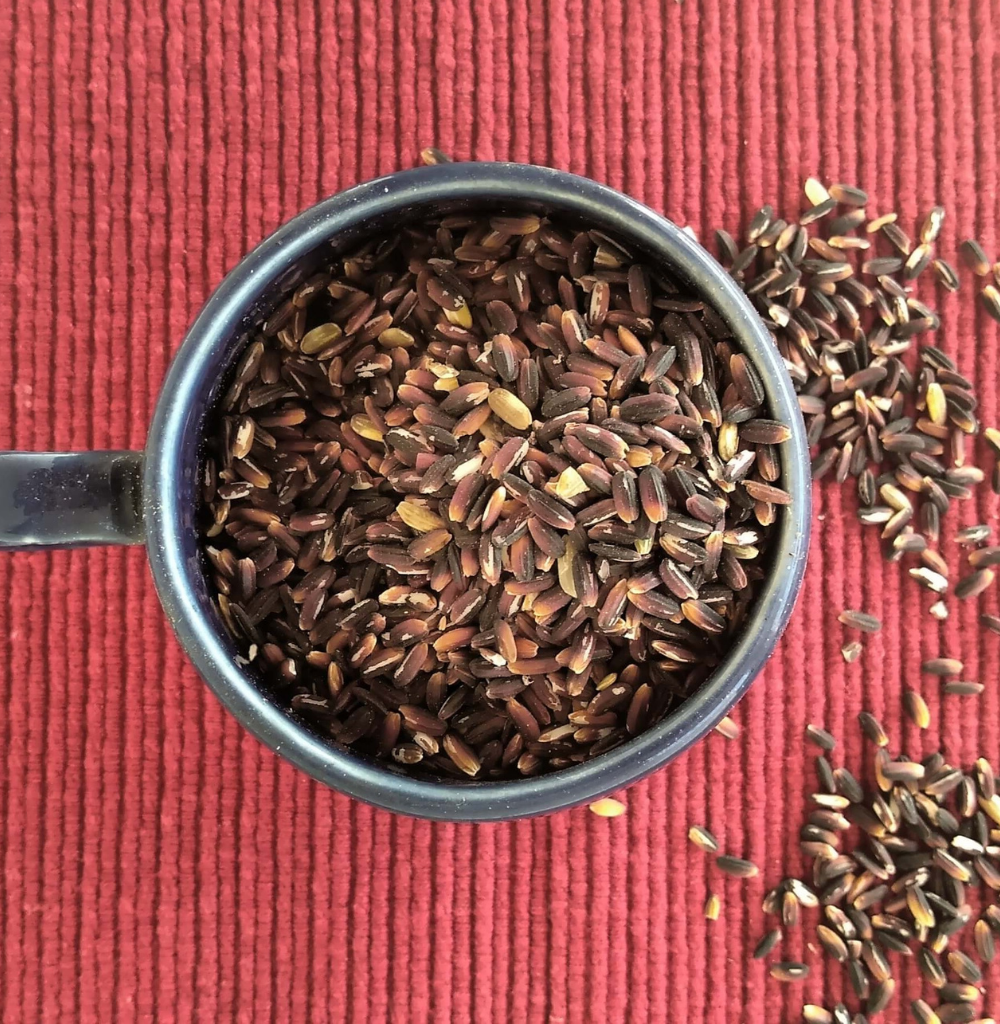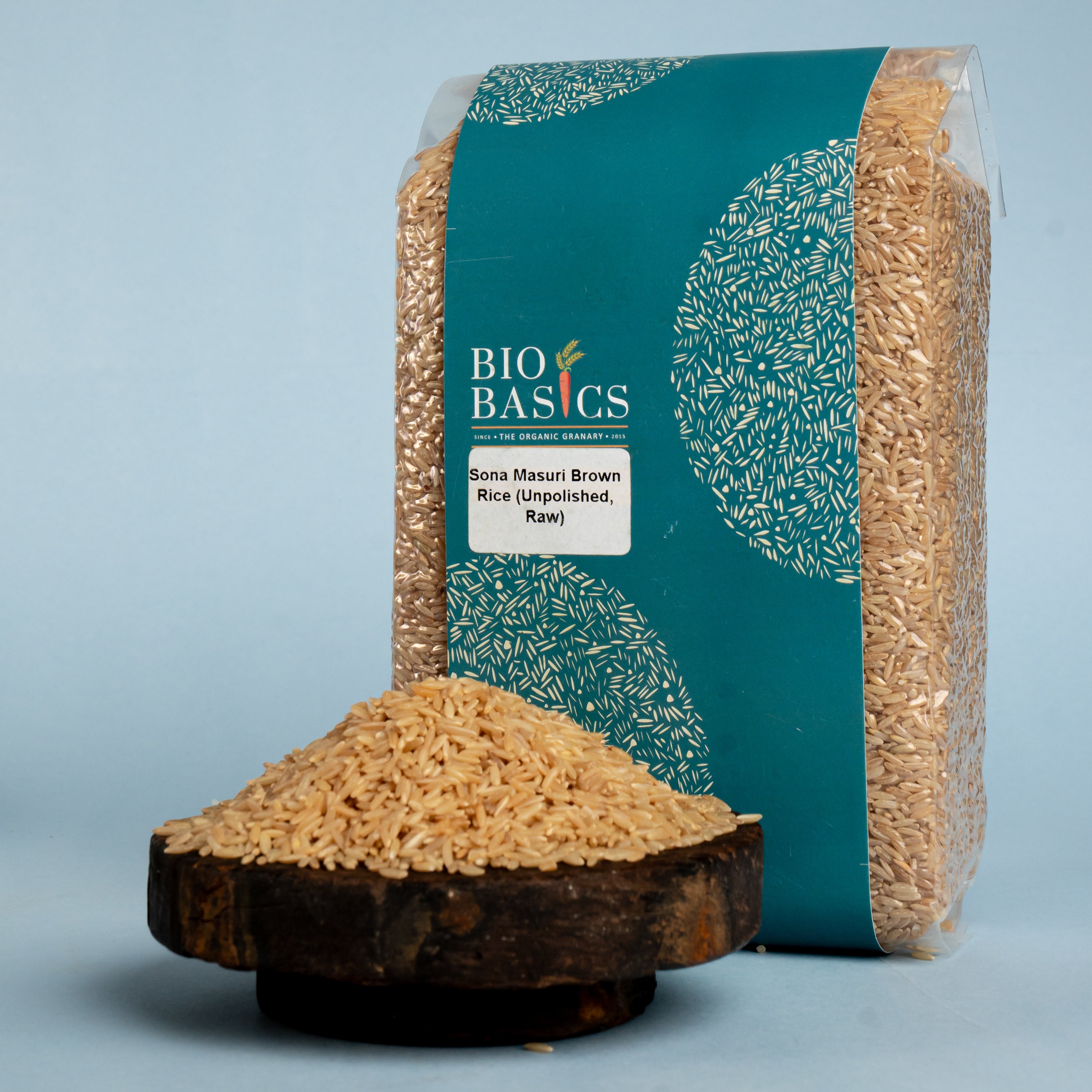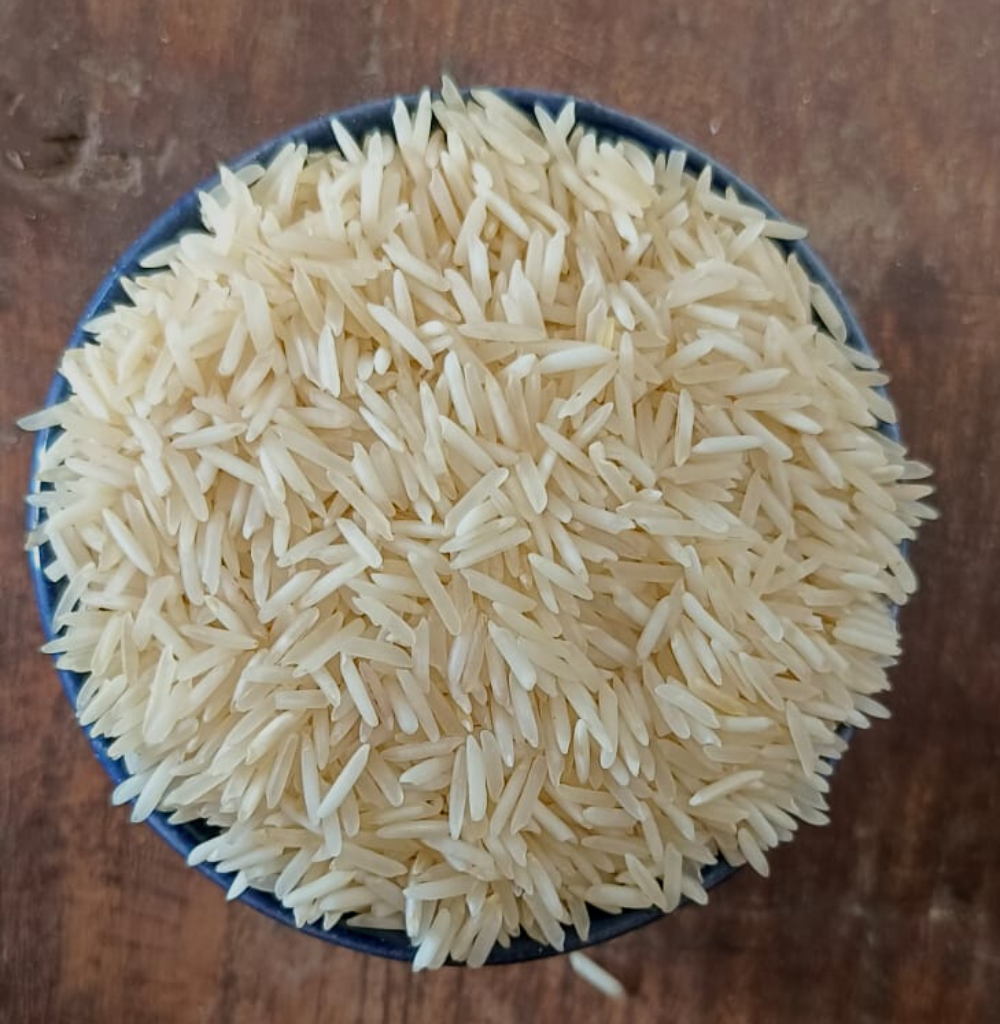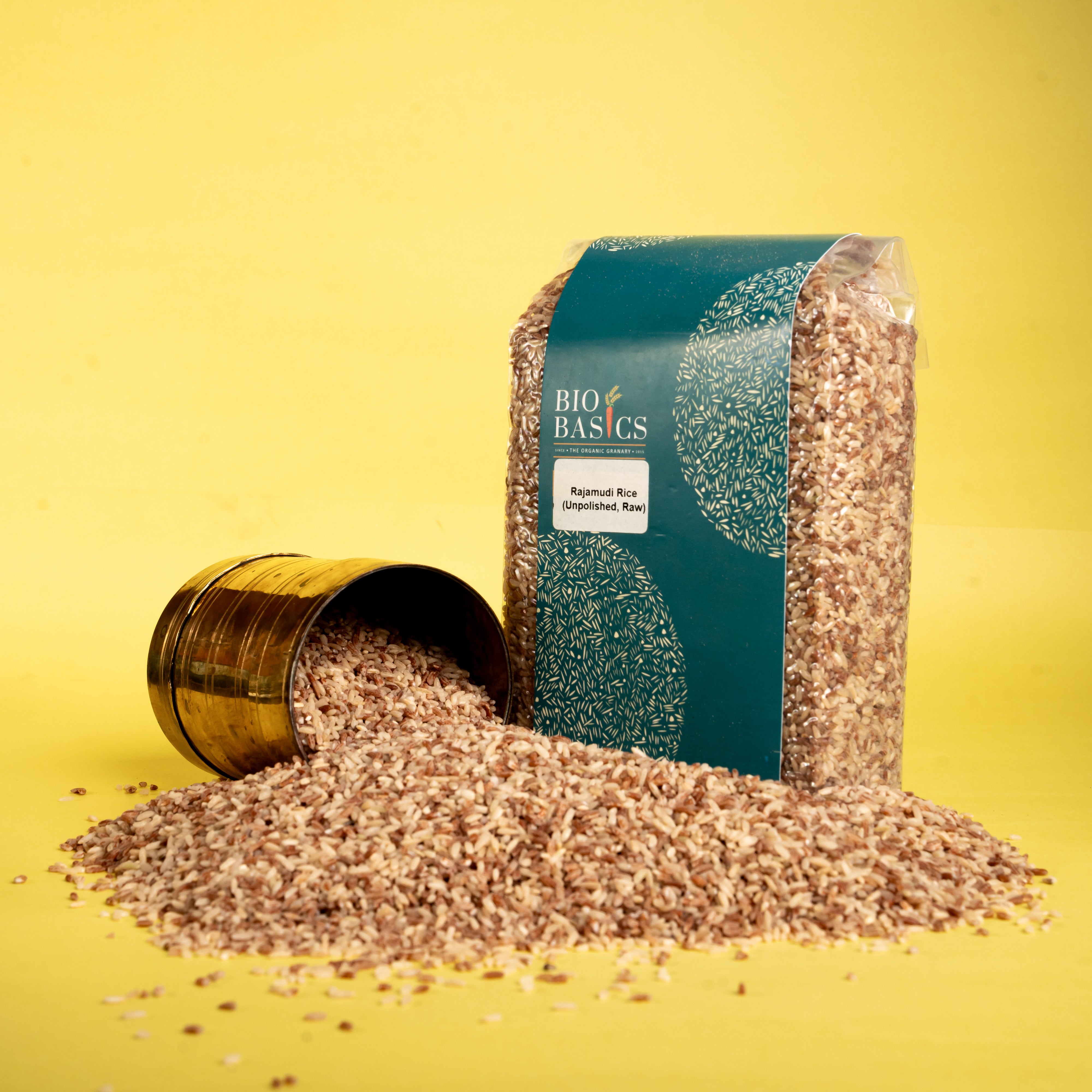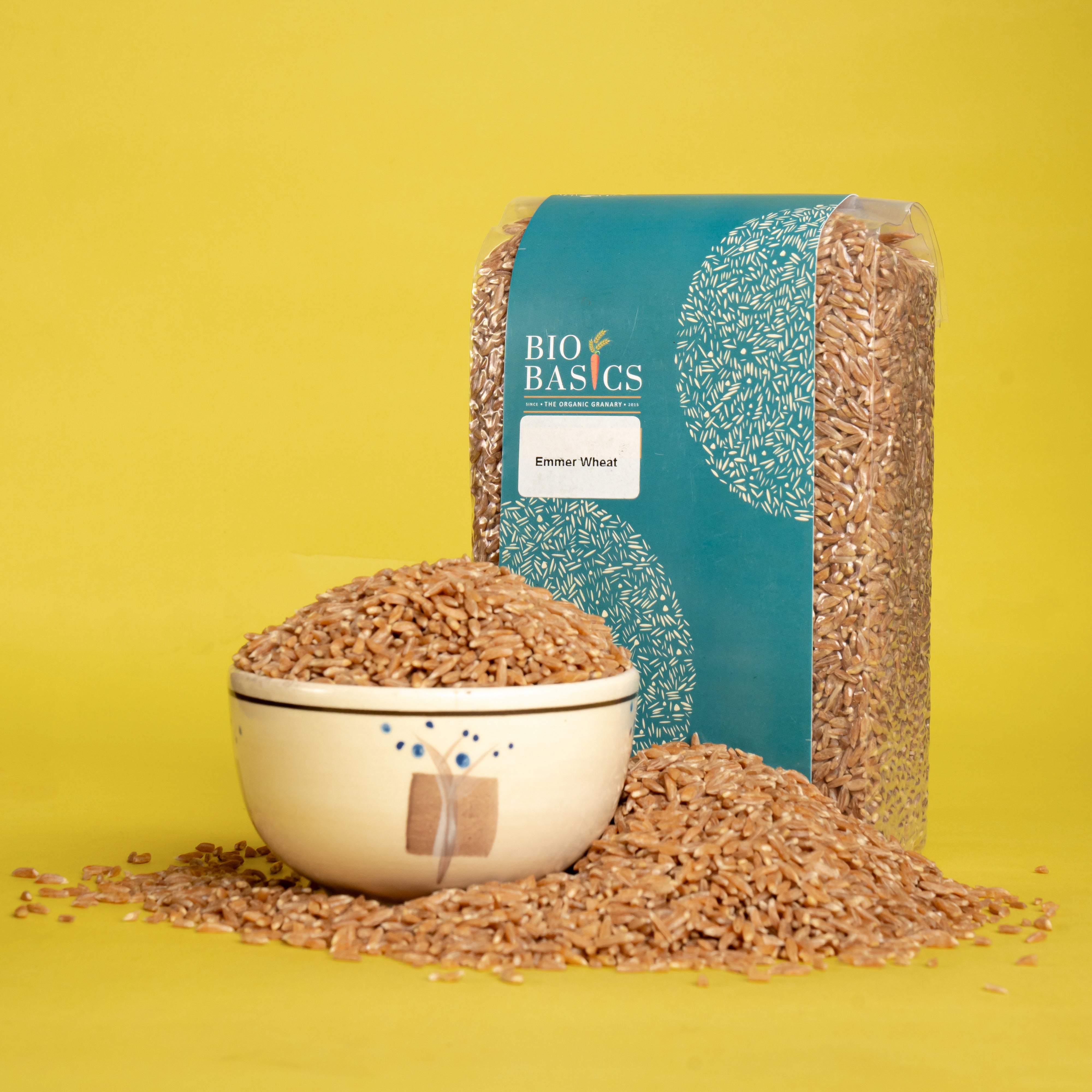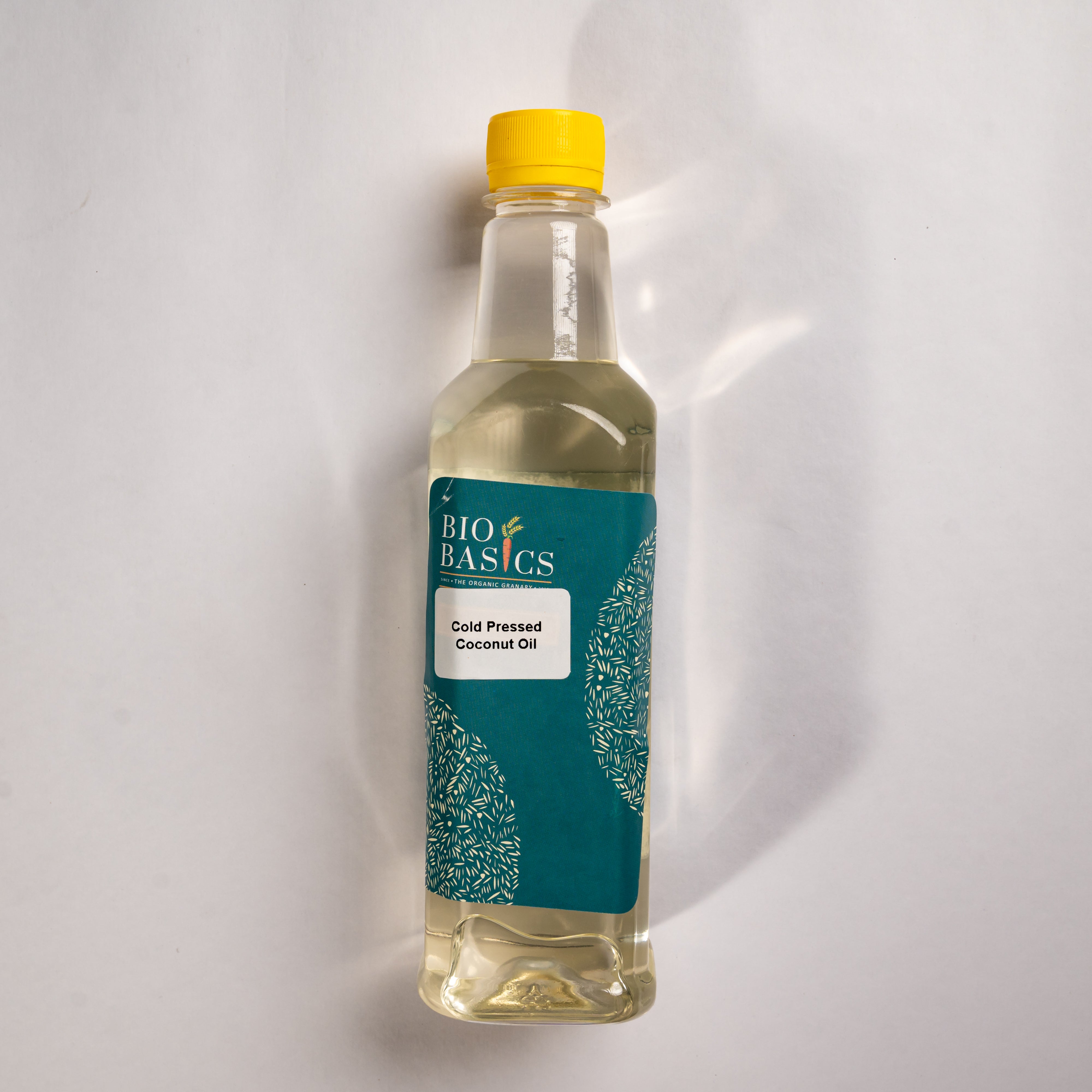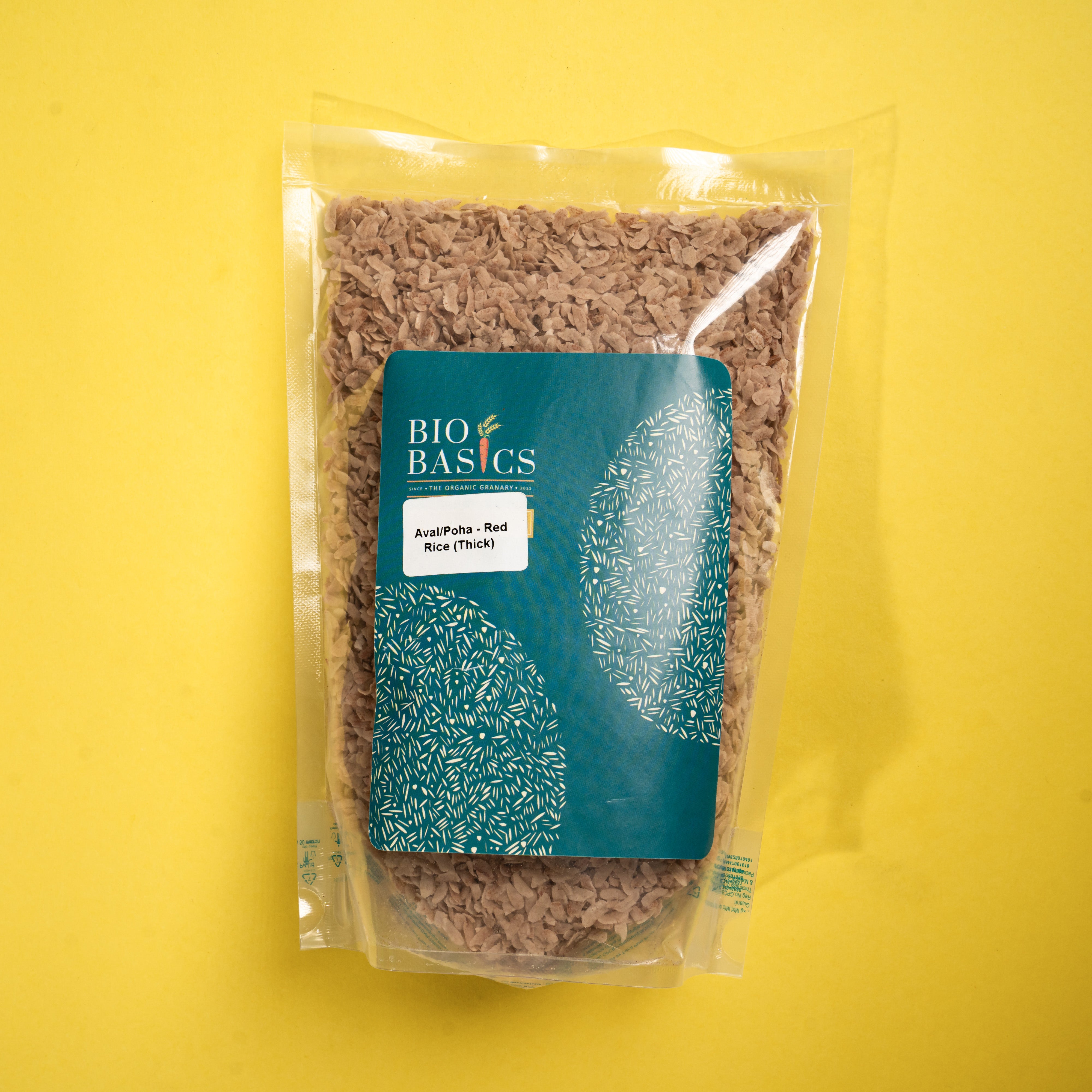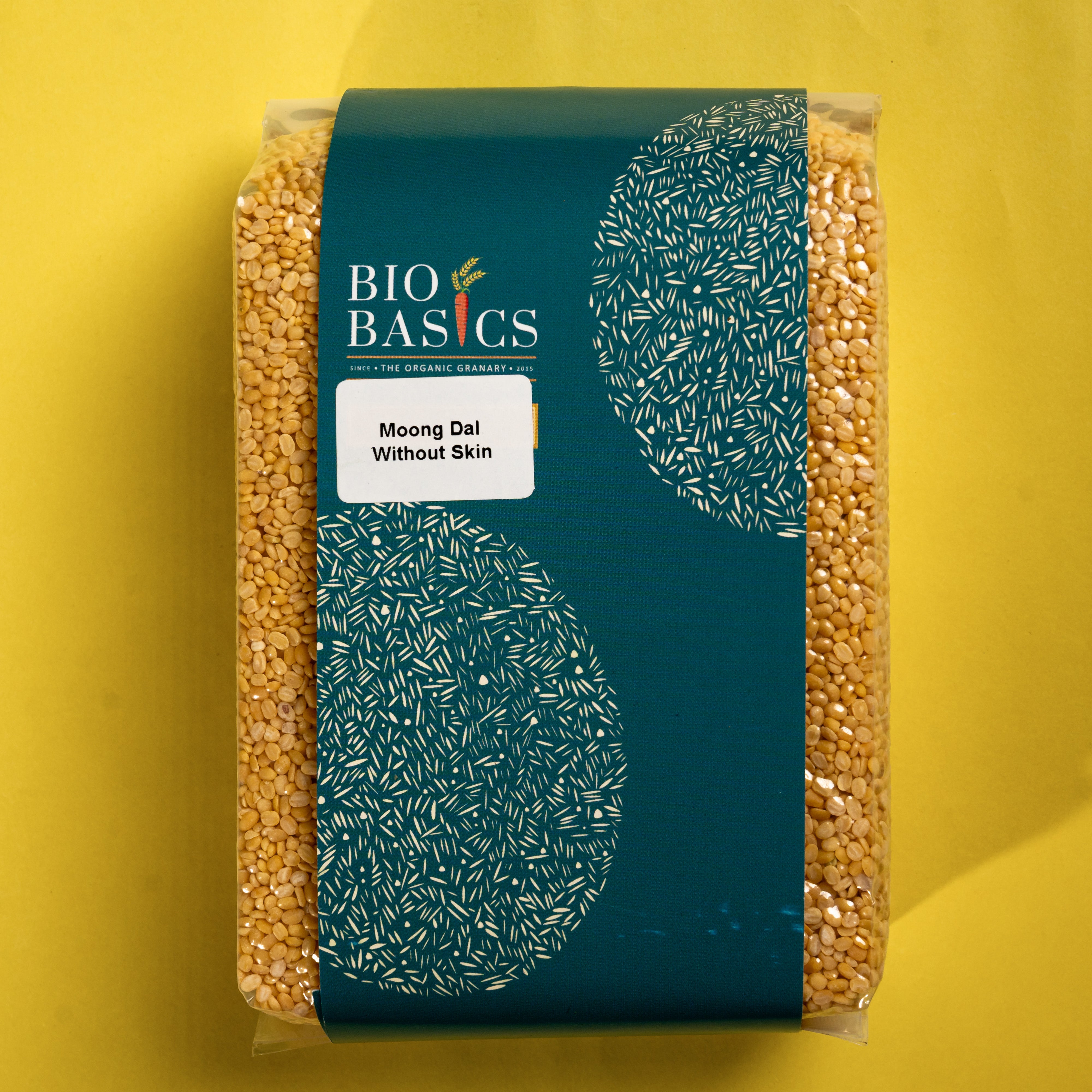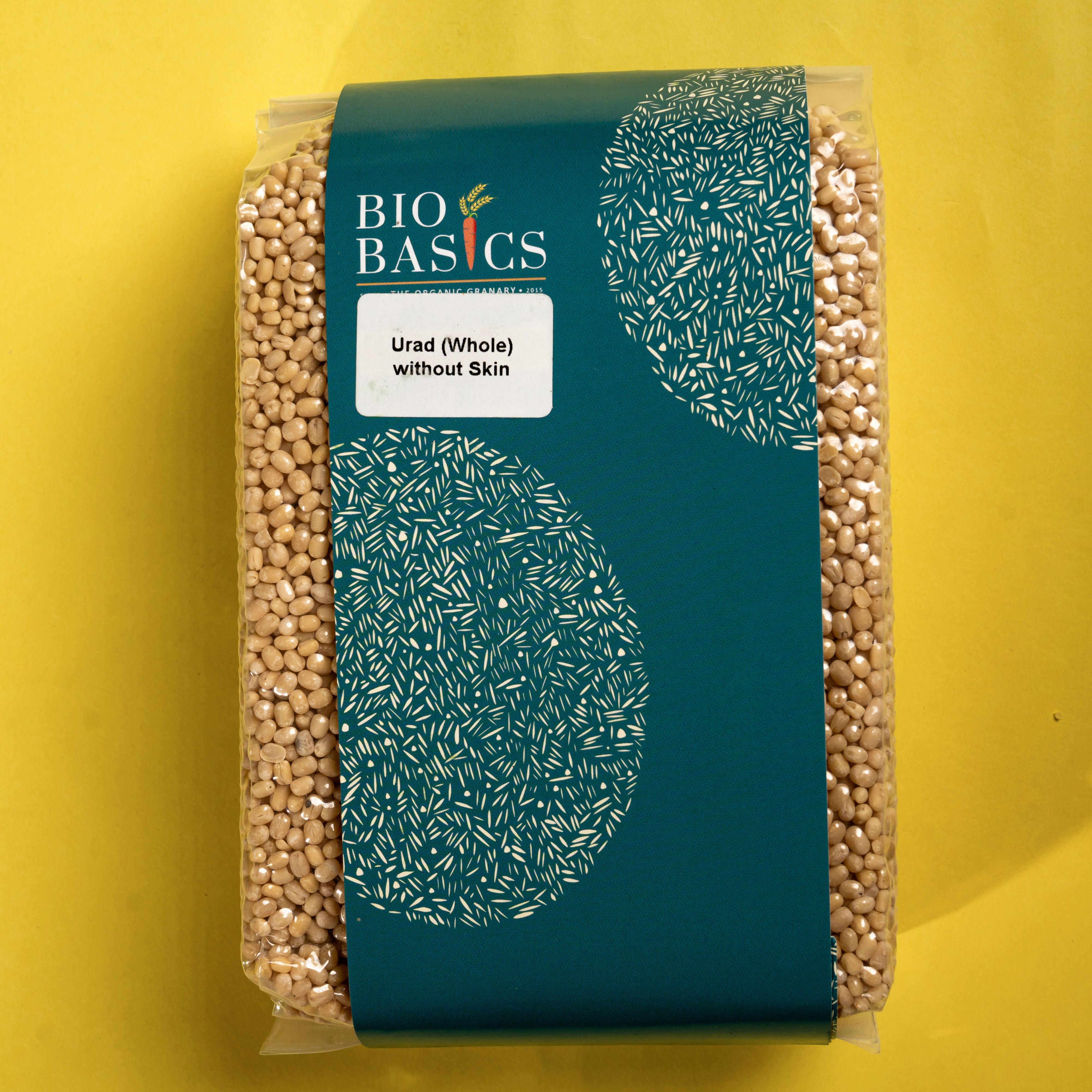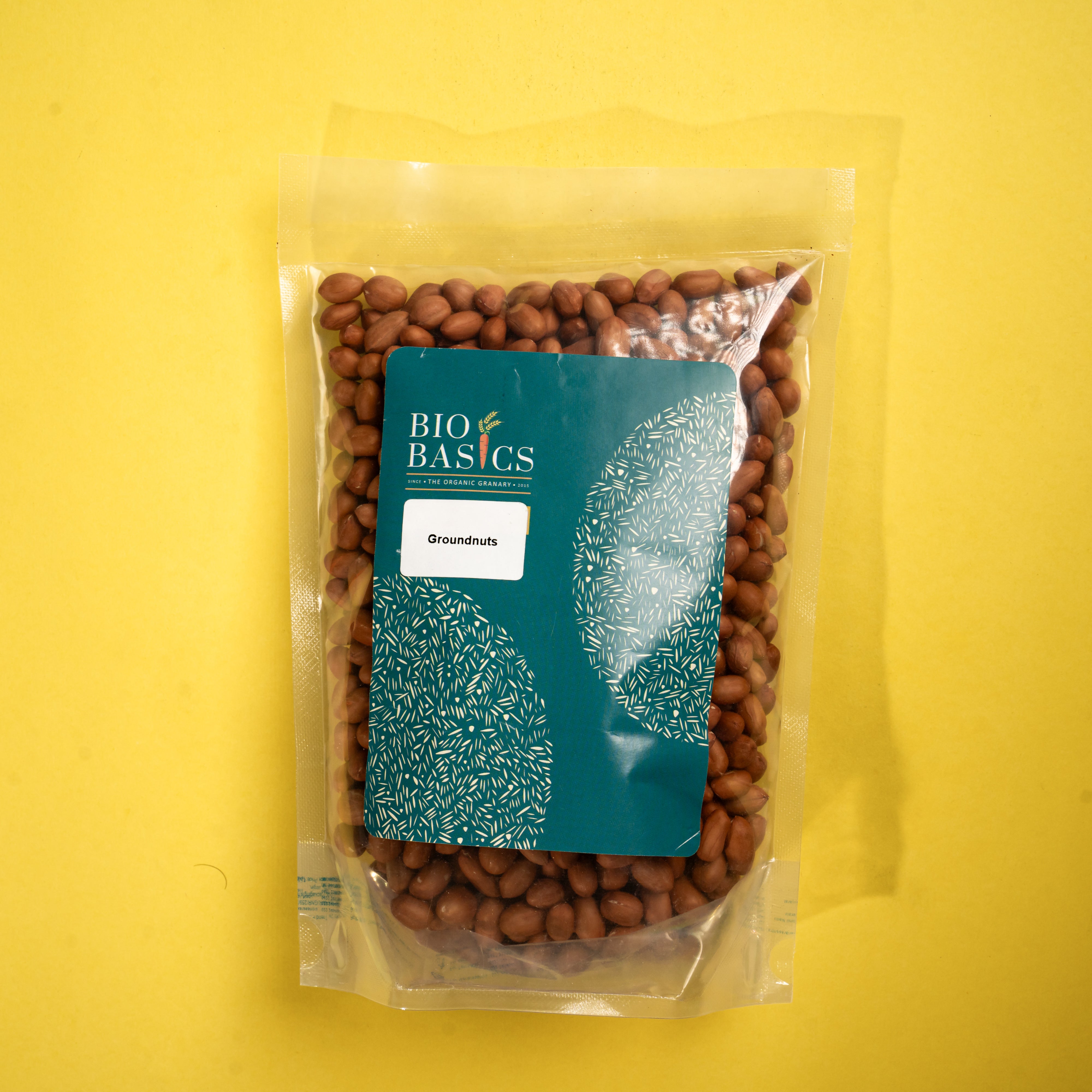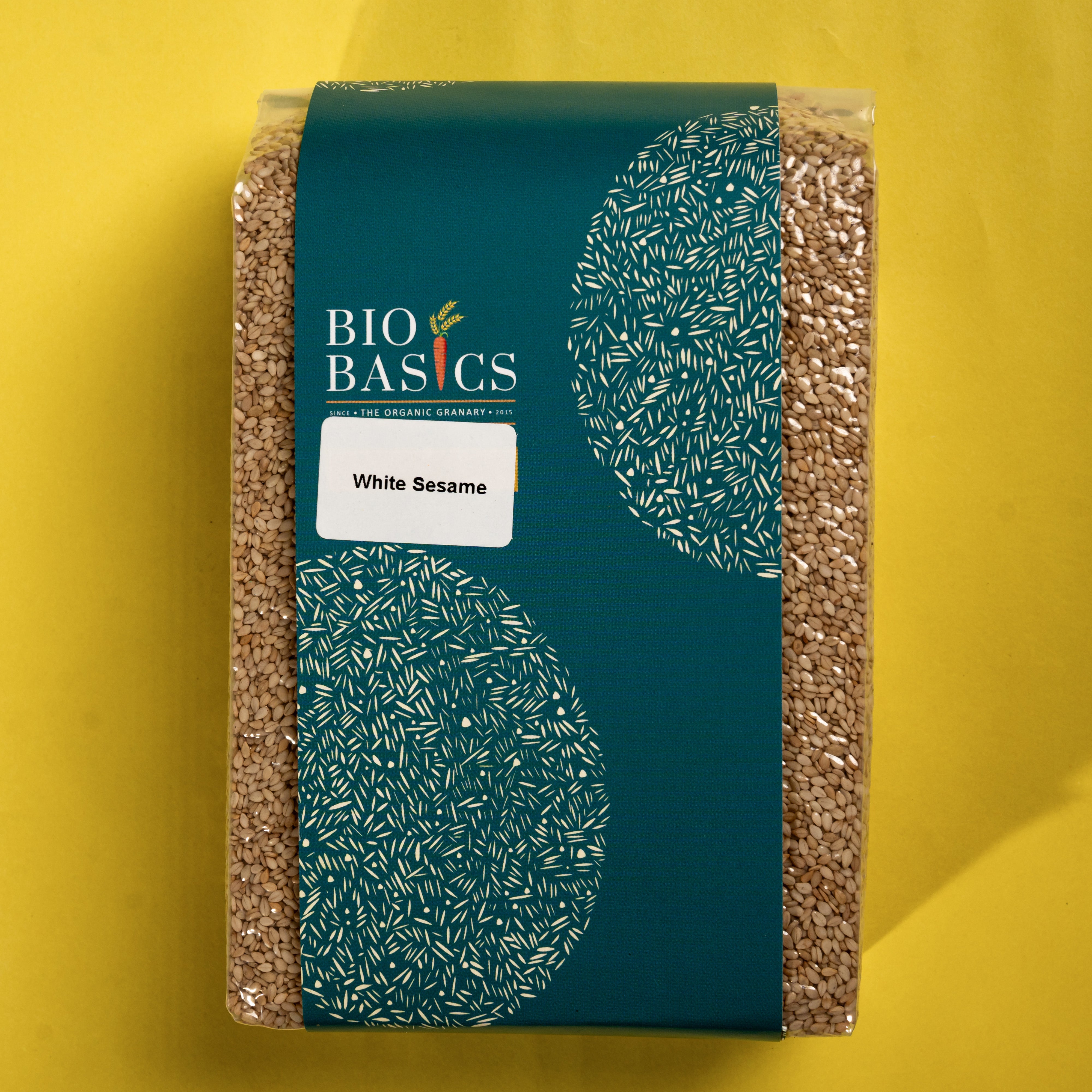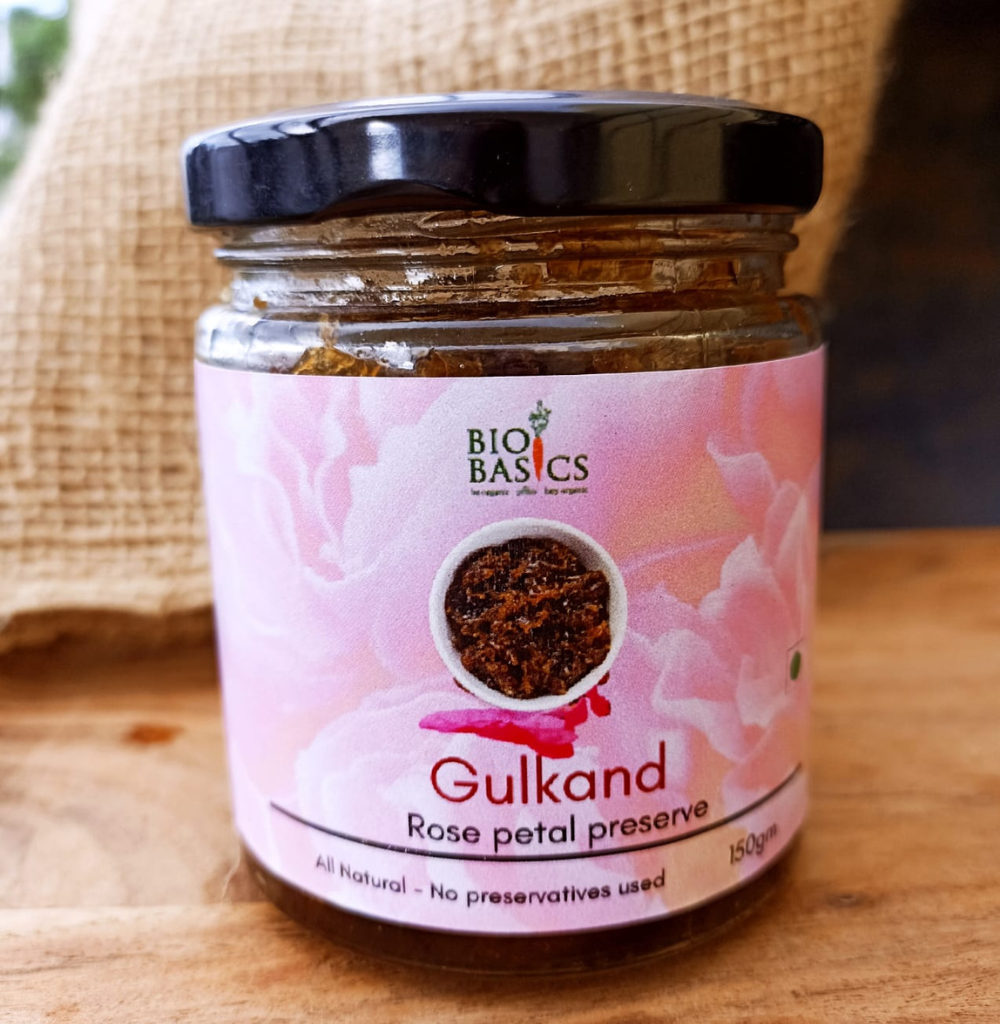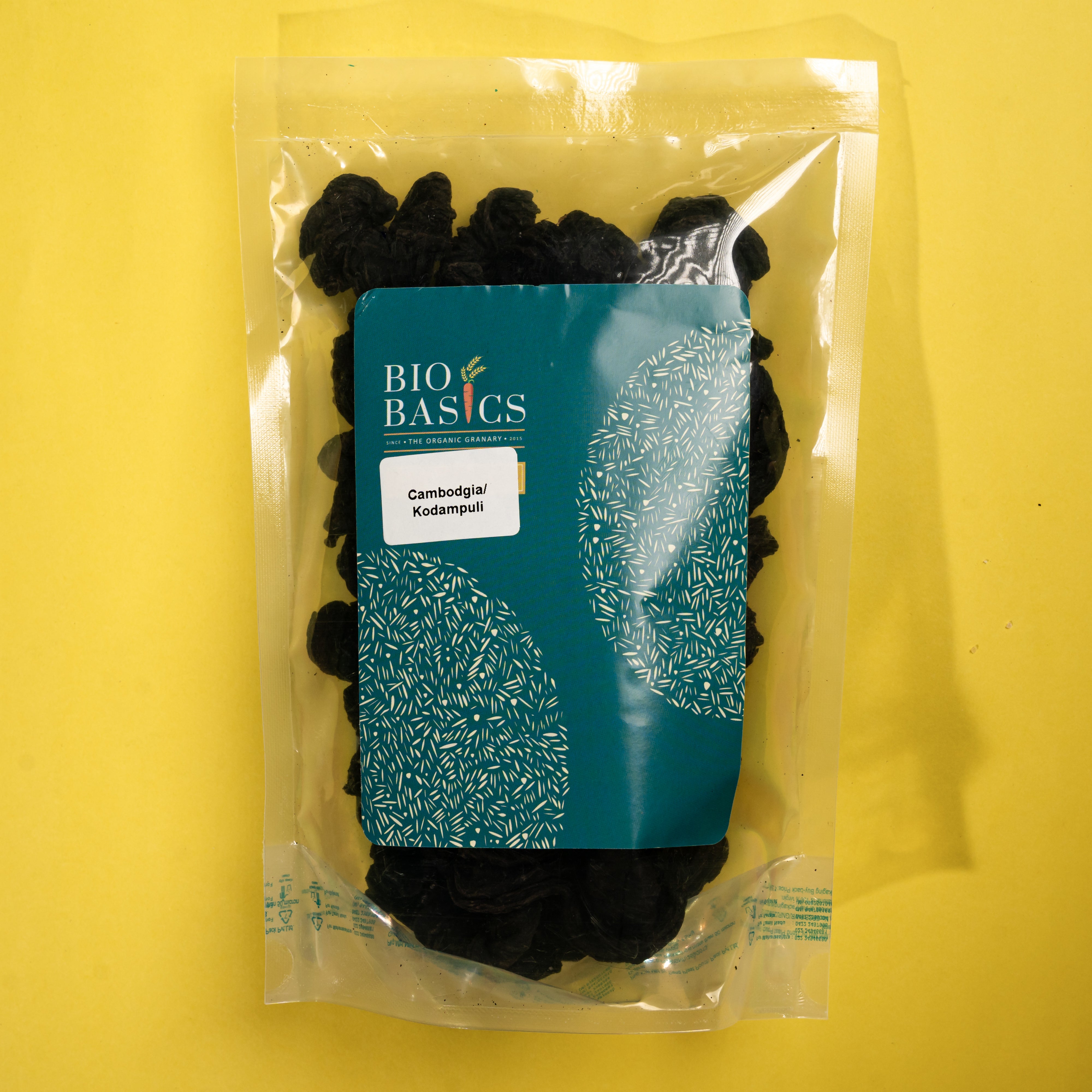Science today clearly points to a fact that our food and mood are intimately connected – much much
more than you ever thought!
There are many dimensions to this.
And a diet of fibre-rich, organic whole foods is one of the best of options to maintain this balance.
Read on to find out more!

Gut – The Second Brain
Our digestive system is today being described as “The Second Brain”. Why? Watch this video below
to find out!
Here are some “Believe-it-or-not” facts…
(a) 80 – 90% of all nerve fibres in the nervous system go from the gut to the brain!
(b) This neural network in the gut – called “The Enteric Nervous System” – can organise and
function by itself, even if the nerve connect to the brain is severed
(c) Roughly 50% of the “feel-good” hormone, Dopamine is produced in the gut (Reference 6)
(d) About 80% of hormone Serotonin is also produced by the gut (Reference 8). This is thought
to be a contributor to feelings of well-being and happiness.
(e) A big part of our emotions are probably influenced by the “Second Brain” (Reference 11)
The Microbial Connection – Microbiome in our Gut
A major part of the activity of our “Second Brain” is controlled by trillions of microscopic organisms
in our digestive system – consisting of bacteria, viruses and fungi – collectively called the
“microbiome”.
Here are some “Believe-it-or-not” facts…
(a) The microbiome population is more than the number of stars in the milky way!
(b) The weight of this microbiome is as much as the weight of our brain – about 1.4 Kg!
Watch this video to learn more about our microbiome.
Many of us are brought up believing microorganisms are “bad” or “dangerous”. However, the
reverse is true. Having a healthy selection of microorganisms – both in numbers and variety – in the
gut can significantly impact various aspects of not just our physical but also mental health!
For, example, Low diversity of gut bacteria have been observed in people with inflammatory bowel
disease, psoriatic arthritis, type 1 diabetes, atopic eczema, coeliac disease, obesity, type 2 diabetes,
and arterial stiffness. (Reference 5)
Further, research suggests that it is likely that our gut microbiome is connected with something as
routine as how well we sleep to something as serious as how individuals respond to certain drugs,
including how cancer patients respond to chemotherapy. (Reference 10)
It is also said to regulate our immune system and protects us from harmful germs!
How to Feed the Microbiome right
It is evident from the above sections that having a higher diversity of microbiome can be one key to
good health. This can be addressed from two different angles:
(a) What reduces microbiome diversity?
(b) What increases microbiome diversity?
What reduces microbiome diversity?
(a) A diet high in sugar can reduce microbiome diversity in almost one week!
(b) Medications such as antibiotics – they are basically deigned to kill bacteria
(c) Diets heavy in unhealthy fat and proteins (like red meat).
(d) Pesticides / chemicals in your diet is seen to affect gut microbiome. In some cases, the
microbiome metabolises the chemicals. The end product of such a process is also sometimes
toxic. (Reference 9)
What increases microbiome diversity?
While there is no absolute certainty on this aspect, available research suggests that the best way to a
healthy gut is through your diet. Here are the best recommendations:
(a) A diet rich in fibre is a gourmet food for gut microbiome! That means, lots of fruits,
vegetables and whole foods, minimally processed.
(b) Minimising medications – particularly indiscriminate use of antibiotics.
(c) Fermented foods are a good source of microbes for the gut. This would mean that the ago-
old tradition of soaking leftover rice in water overnight and consuming that water and rice
the next day was a very wise practice.
(d) And finally, to state the obvious – organic food, grown, transported and stored with use of
any chemicals is obviously safer and healthier for the gut microbiome.
Watch this video, a Ted talk, “How the food you eat affects your gut” by Shilpa Ravella to get some
more insights.
Food and Mood – Summing it up
All this is some food for thought (pun intended) – You are what you (and your microbiome) eat; your
food and your mood are quite intimately connected.
To sum up…
(a) The gut is our “Second Brain” and can actually impact our mental health in many ways
(b) A high diversity of microorganisms in the gut (microbiome) is what makes our “Second
Brain” tick
(c) A diet of minimally processed Organic Whole Foods, rich in fibre, vitamins and other
nutrients, is the simplest of ways to keep out gut microbiome live and kicking.
So, that is another very important reason for you to switch to buying organic. We at Bio Basics can
help.
If you found this article informative and useful, please do share it!
Sign in to our Safe Food Movement and stay updated, informed and inspired!
Bibliography
1. Food and mood [Online] // Beitish Dietetics Association.
2. Food and mood: Is there a connection? [Online] // Harvard Health Publishing. – Harvard
Medical School, Jun 2018.
3. It’s Not Yet Clear How to Boost the Microbiome. But Diet Is the Best Bet [Online] / auth.
Heid Markham. – Aug 8, 2018.
4. Monsanto’s Roundup Eposed [Article] / auth. Shister Terry // Pesticies and You. –
Washington : Beyond Pesticides, 2017. – 2 : Vol. 37.
5. Role of the gut microbiota in nutrition and health [Online] / auth. Ana M Valdes et al // The
BMJ. – British Medical Journal, 2018.
6. Substantial production of dopamine in the human gastrointestinal tract. [Journal] / auth.
Eisenhofer G Aneman A, Hooper D, Fåndriks L, Lonroth H, Hunyady B, Mezey E. // Journal of
Clinical Endocrinlogy & Metabolism. – 1997
7. Sustaining Life from Soil Microbiota and Gut Microbiome [Article] / auth. Montgomery
David // Pesticies and You. – Washington, USA : Beyond Pesticides, 2017. – 2 : Vol. 37.
8. The Expanded Biology of Serotonin [Journal] / auth. Miles Berger John A. Gray, Bryan L.
Roth // Annual Review of Medicine . – 2009. – Vol. 60. – pp. 355-366 .
9. The gut microbiota: a major player in the toxicity of environmental pollutants? [Journal] /
auth. Sandrine P Claus Hervé Guillou & Sandrine Ellero-Simatos // NPJ Biomes & Biofilms. –
[s.l.] : Springer Nature, May 04, 2016.
10. The human microbiome: why our microbes could be key to our health [Online] / auth.
Davis Nicola // The Guardian.
11. Think Twice: How the Gut’s “Second Brain” Influences Mood and Well-Being [Online] /
auth. Hadhazy Adam // The Scientific American. – Feb 12, 2010.
